 Alva White
News in brief
Alva White
News in brief
Summer reading
07/03/2017A selection of books chosen by members of Crash. Happy summer and happy reading !
 Alva White
News in brief
Alva White
News in brief
A selection of books chosen by members of Crash. Happy summer and happy reading !
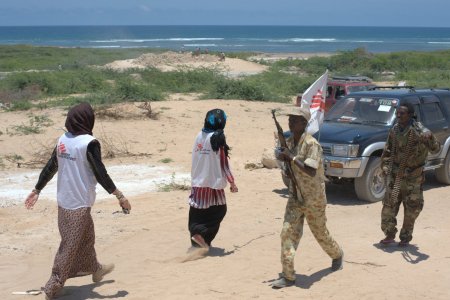 Yann Libessart
Analysis
Yann Libessart
Analysis
In 1993, Médecins Sans Frontières left Somalia and denounced the methods of UN troops who were violating the very humanitarian principles in whose name they intervened.
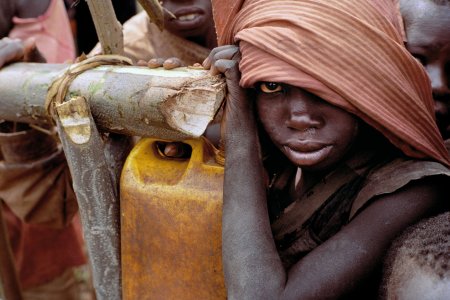 Ian Berry
Analysis
Ian Berry
Analysis
Not having seen the genocidal drift of Hutu Power in 1994 coming, the international community grants Paul Kagame's RPF the impunity of victims. Yet such power also lends itself to criminal acts. The authors express their indignance that NGOs and international organisations - invoking the duty of remembrance - join in the endless evocation of the past that masks the political phenomena at the root of the current violence.
 Analysis
Analysis
Using the example of Liberia, Fabrice Weissman examines the public statements of NGOs and their positions with regard to denunciation and/or calls for international intervention.
 Opinion
Opinion
Fabrice Weissman reminds us that while the clarity of the humanitarian emblem is no guarantee of absolute safety, it is nevertheless an essential prerequisite to it.
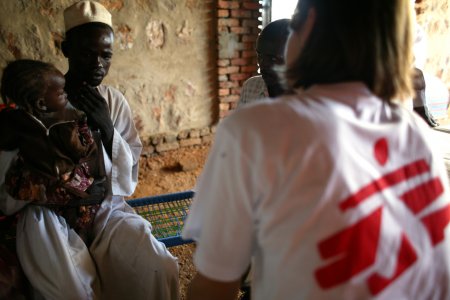 Michael Zumstein
Op-ed
Michael Zumstein
Op-ed
Aid organisations have been held hostage to the showdown between the Sudanese government and the international community.
 Analysis
Analysis
Fabrice Weissman looks at the major stages of the Darfur conflict since 2003 from the perspective of a humanitarian medical organisation. He questions the predominant reading of this crisis, and cautions against the illusions of international armed intervention in the region.
 Op-ed
Op-ed
Jean-Hervé Bradol and Fabrice Weissman respond to Collectif Urgence Darfour's call for armed intervention in Darfur to "stop the massacres," and to promises along these lines by candidates in France's presidential election.
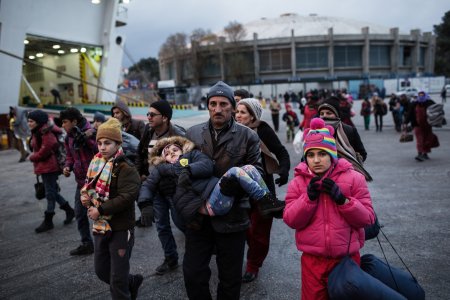 Konstantinos Tsakalidis
Opinion
Konstantinos Tsakalidis
Opinion
On June 17, 2016,MSF announced that it will no longer accept funds from the European Union and Member States, as a sign of protest against the closure of European borders to migrants and asylum seekers.
 R. Chalasani
Speaking Out Case Studies
R. Chalasani
Speaking Out Case Studies
This case study describes the constraints and dilemmas facing Médecins Sans Frontières teams that witnessed a process of terror and expulsion which they described as the ‘deportation' of Kosovar Albanians by Serb forces.
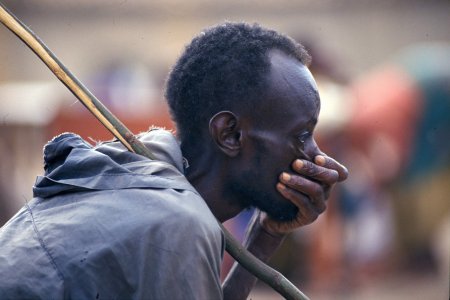 Roger Job
Speaking Out Case Studies
Roger Job
Speaking Out Case Studies
This case study is describing the difficulties and dilemmas met by Médecins Sans Frontières (MSF) during the genocide of Rwandan Tutsis in April, May and June 1994.
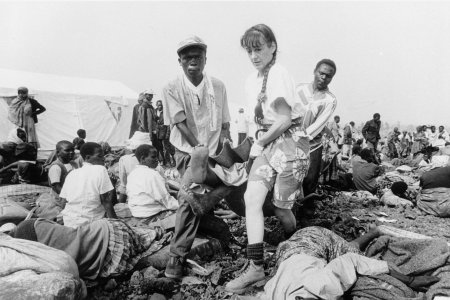 Remco Bohle
Speaking Out Case Studies
Remco Bohle
Speaking Out Case Studies
This case study is describing the constraints and dilemmas met by MSF when confronted with camps under the tight control of "refugee leaders" responsible for the genocide of the Rwandan Tutsis from April to June 1994.